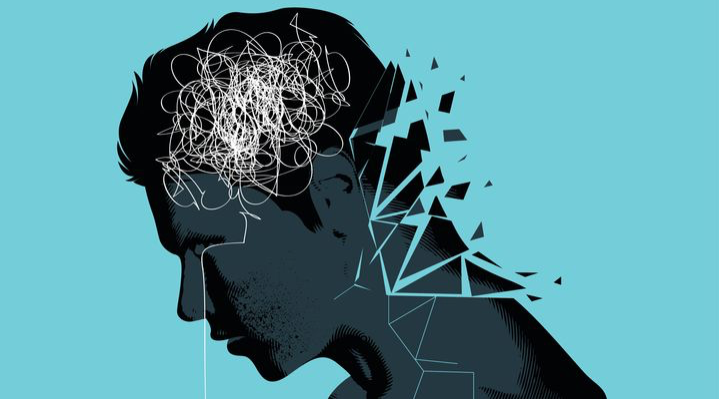The Inescapable Nature of Anxiety: Understanding Its Roots
Written on
Chapter 1: The Historical Context of Anxiety
Anxiety has been a part of human experience for centuries. A notable case is that of Nicanor, a resident of Greece during the latter years of the 5th century B.C., whose struggles with anxiety are recorded in the ‘Hippocratic Treatises’. He was particularly distressed by the sound of flutes at social gatherings. The mere presence of a flute would trigger overwhelming fears that left him feeling powerless. This example illustrates that anxiety is not a modern phenomenon; it has always been an intrinsic aspect of human life and shows no signs of disappearing.
What Exactly Is Anxiety?
According to the DSM, which serves as a primary reference for psychiatric disorders, anxiety and fear are distinct concepts. Fear is a reaction to an immediate threat—whether real or imagined—while anxiety involves anticipating a danger that is not clearly defined. Understanding this distinction is crucial.
Mental health professionals widely agree that anxiety is a natural emotional response. From an evolutionary standpoint, it functions as a survival mechanism, prompting individuals to avoid potentially hazardous situations. This instinct is what keeps us alive. A poet once likened the experience of anxiety to being chased by a tiger—without the actual tiger being present. This analogy resonates, especially considering that in our evolutionary past, the tiger was often a real threat. However, there are times when this instinct becomes maladaptive, evolving into what we now classify as an “anxiety disorder”.
We Live in an Anxious World
While anxiety is not a recent development, our contemporary environment differs significantly from that of our ancestors. The rapid pace of modern life can outstrip our biological and cultural adaptations, leading to heightened levels of anxiety. Evolution has equipped us with emotional tools to steer clear of risks, but what happens when those risks are minimized? We may end up experiencing a multitude of false alarms.
The World Health Organization reports that one in ten people globally currently suffers from anxiety, making it one of the most common mental health conditions in regions with reliable statistics. Notably, the term "anxiety" is searched on Google far more frequently than "depression," indicating a shift in public focus.
Modern society has created an environment that fosters anxiety. As noted by Wilson and colleagues, the pervasive idea that "feeling good" equates to mental health leads many to view negative emotions as abnormal. Surveys reflect this, showing that a significant portion of the population believes that feeling bad contradicts mental well-being. Once society establishes the notion that we must always feel good, the likelihood of developing chronic anxiety increases dramatically.
